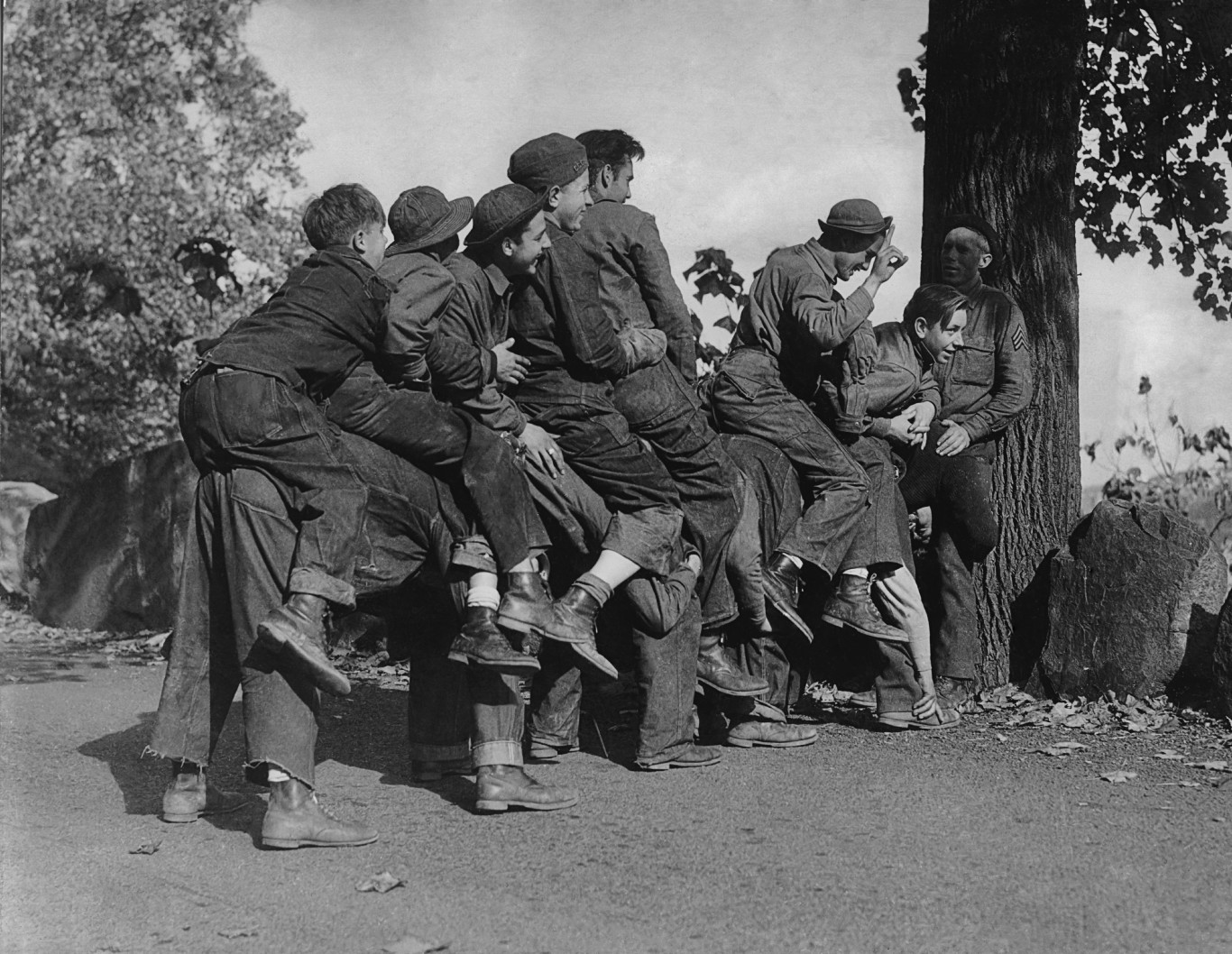 Francois Hollande, the president of France, wants his government to spend roughly $2.5 billion to create 150,000 jobs in 2012 and 2013. The details of the program are complex. The central government would subsidize the hiring of young people. Many of those targeted would lack advanced educations. Hollande understands it is more difficult for people in this demographic segment to find jobs. American policy makers should ask if a similar plan might work in the United States.
Francois Hollande, the president of France, wants his government to spend roughly $2.5 billion to create 150,000 jobs in 2012 and 2013. The details of the program are complex. The central government would subsidize the hiring of young people. Many of those targeted would lack advanced educations. Hollande understands it is more difficult for people in this demographic segment to find jobs. American policy makers should ask if a similar plan might work in the United States.
The youth unemployment rate in most developed nations is as much as double what it is for people who are over 25. The numbers are worse for young people who do not have college educations. To address the job prospects of these people would be to attack one of the single most difficult problems in the labor market. Employers in developed nations continue to use weak jobs markets to hire highly qualified and highly educated workers, even for jobs that would often go to the undereducated.
It is not fair to use ratio-and-proportion to compare a potential U.S. system to create youth jobs to the French plan. But it is worth looking at the comparison anyway. America has six times as many residents as France does. U.S. nominal gross domestic product is 5.5 times larger. Based on those figures, an America jobs plan for the young like Hollande’s would create 900,000 jobs. And the cost in proportion to the Hollande program would be $15 billion. Even if the comparison is extremely crude, $15 billion is a level of spending that would be difficult to get through an austerity-minded Congress.
The Hollande plan is untested, which is among the reasons it would be hard to sell to U.S. politicians. It would be safer to “wait and see” before making such a large investment. Unfortunately, in an American labor market in which the young and underemployed have made few gains in terms of jobless numbers, the waiting will deeply wound many of these people economically. The concept of a “lost generation” of American young people in terms of earning power is a greater risk to those who do not have the educational attainment to make a case for being attractive employees.
It may be that the best way to attack unemployment in any developed country is to do so among the segment of workers who are most needy and least powerful. If so, an investment like Hollande proposes should be part of any program to battle the American unemployment disease.
Douglas A. McIntyre
It’s Your Money, Your Future—Own It (sponsor)
Retirement can be daunting, but it doesn’t need to be.
Imagine having an expert in your corner to help you with your financial goals. Someone to help you determine if you’re ahead, behind, or right on track. With SmartAsset, that’s not just a dream—it’s reality. This free tool connects you with pre-screened financial advisors who work in your best interests. It’s quick, it’s easy, so take the leap today and start planning smarter!
Don’t waste another minute; get started right here and help your retirement dreams become a retirement reality.
Thank you for reading! Have some feedback for us?
Contact the 24/7 Wall St. editorial team.




